Voyage
The First Fleet voyage took between 250 and 252 days to complete, with 68 of these days spent anchored in ports en route.
While the ships were being repaired and loaded with fresh water and supplies, the officers and marines went onshore to explore the exotic towns and purchase goods for their private use. Some of these men wrote of their experiences; their journals and letters giving us glimpses into this extraordinary voyage.
Thus, under the blessing of God, was happily completed, in eight months and one week, a voyage which, before it was undertaken, the mind hardly dared venture to contemplate … we had sailed five thousand and twenty-one leagues; had touched at the American and African Continents … without meeting any accident in a fleet of eleven sail, nine of which were merchantmen that had never before sailed in that distant and imperfectly explored ocean …
Stops along the route
Related

First Fleet Ships
First Fleet Ships
At the time of the First Fleet’s voyage there were some 12,000 British commercial and naval ships plying the world’s oceans
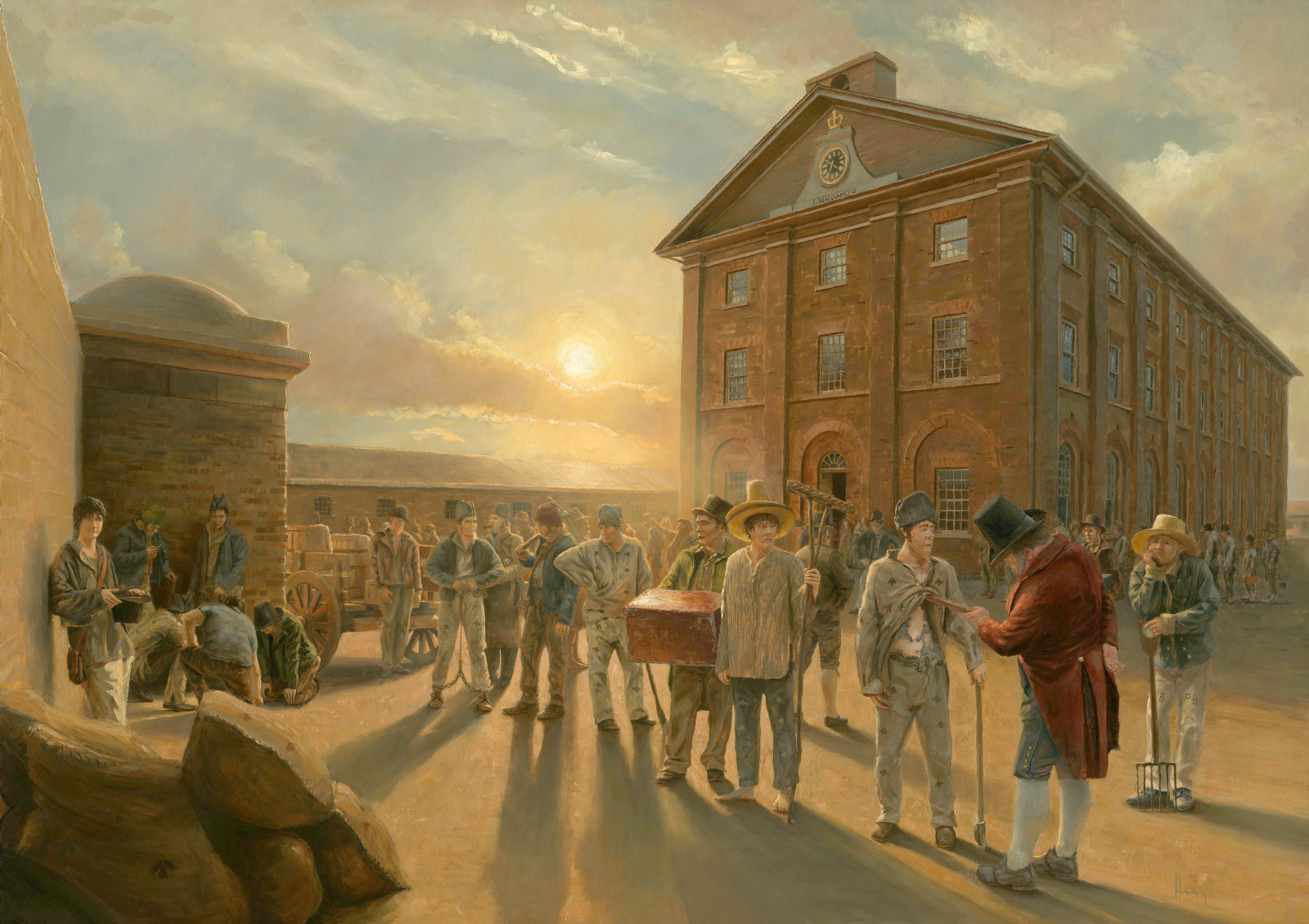
Convict Sydney
Convict Sydney
From a struggling convict encampment to a thriving Pacific seaport, a city takes shape
Published on
The ships
Browse all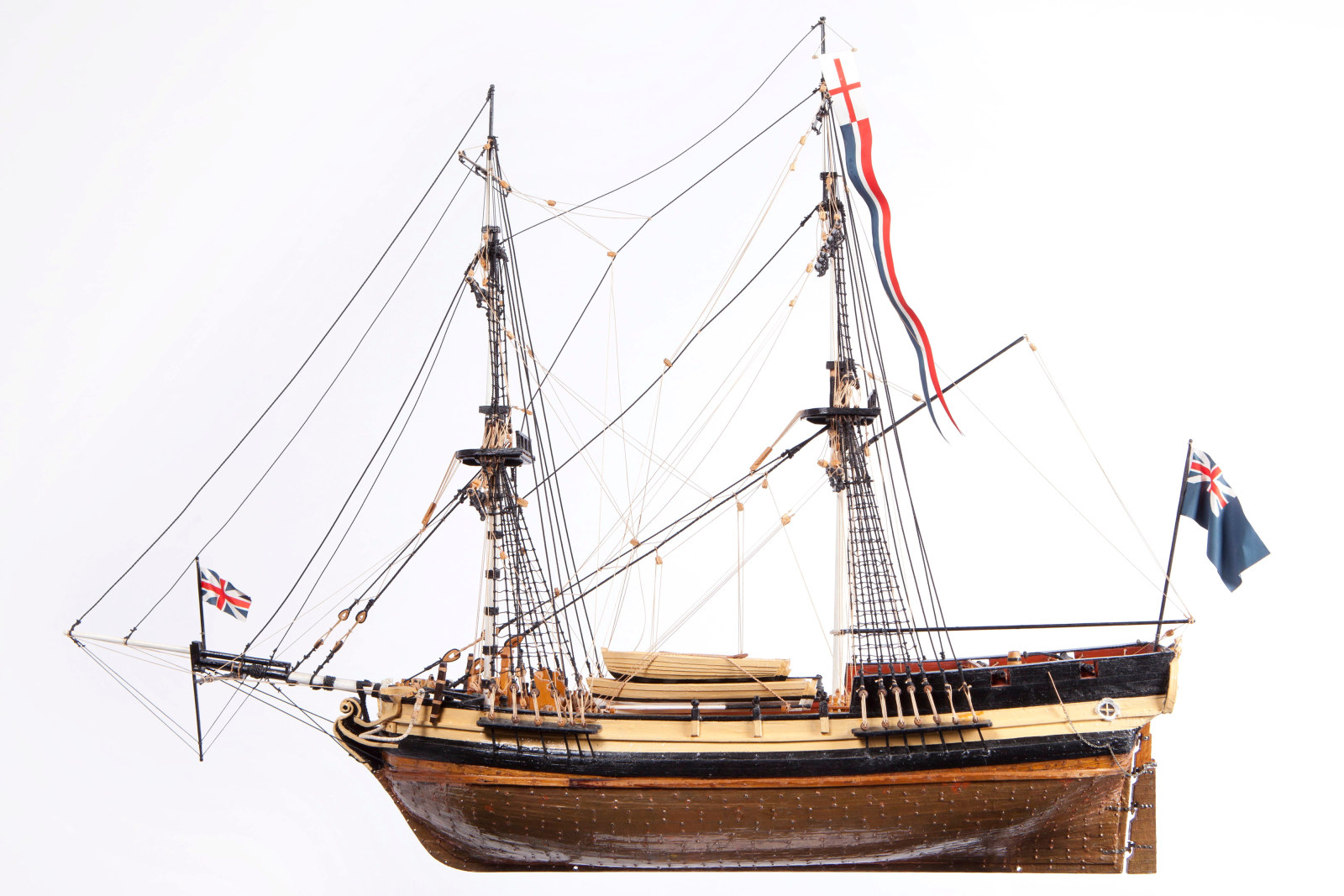
First Fleet Ships
Alexander
Length: 34.75 metres (114 feet); width: 9.5 metres (31 feet); weight: 460 tonnes (452 tons)
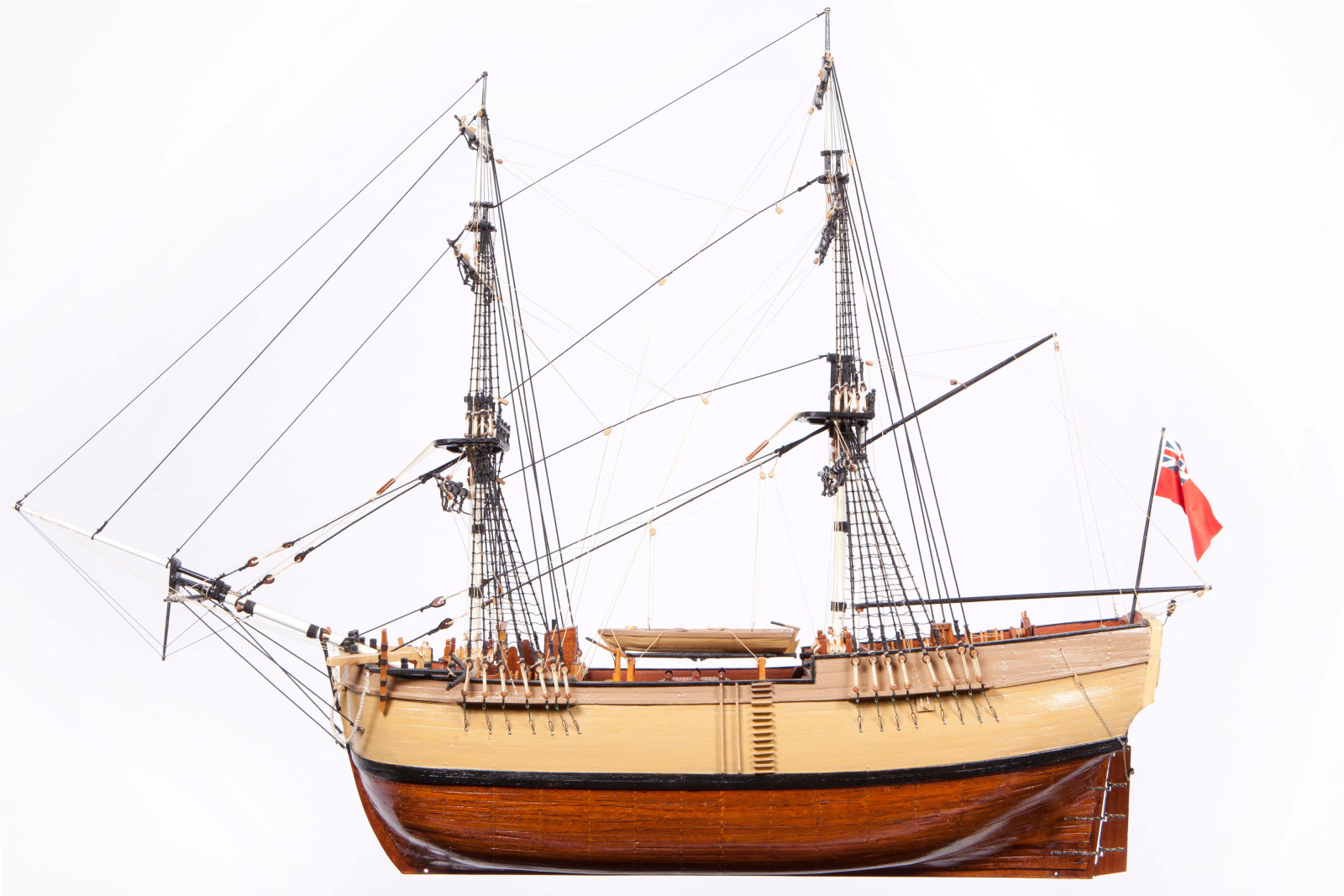
First Fleet Ships
Borrowdale
Length: 22.7 metres (75 feet); width 6.7 metres (22 feet); weight: 276 tonnes (272 tons)
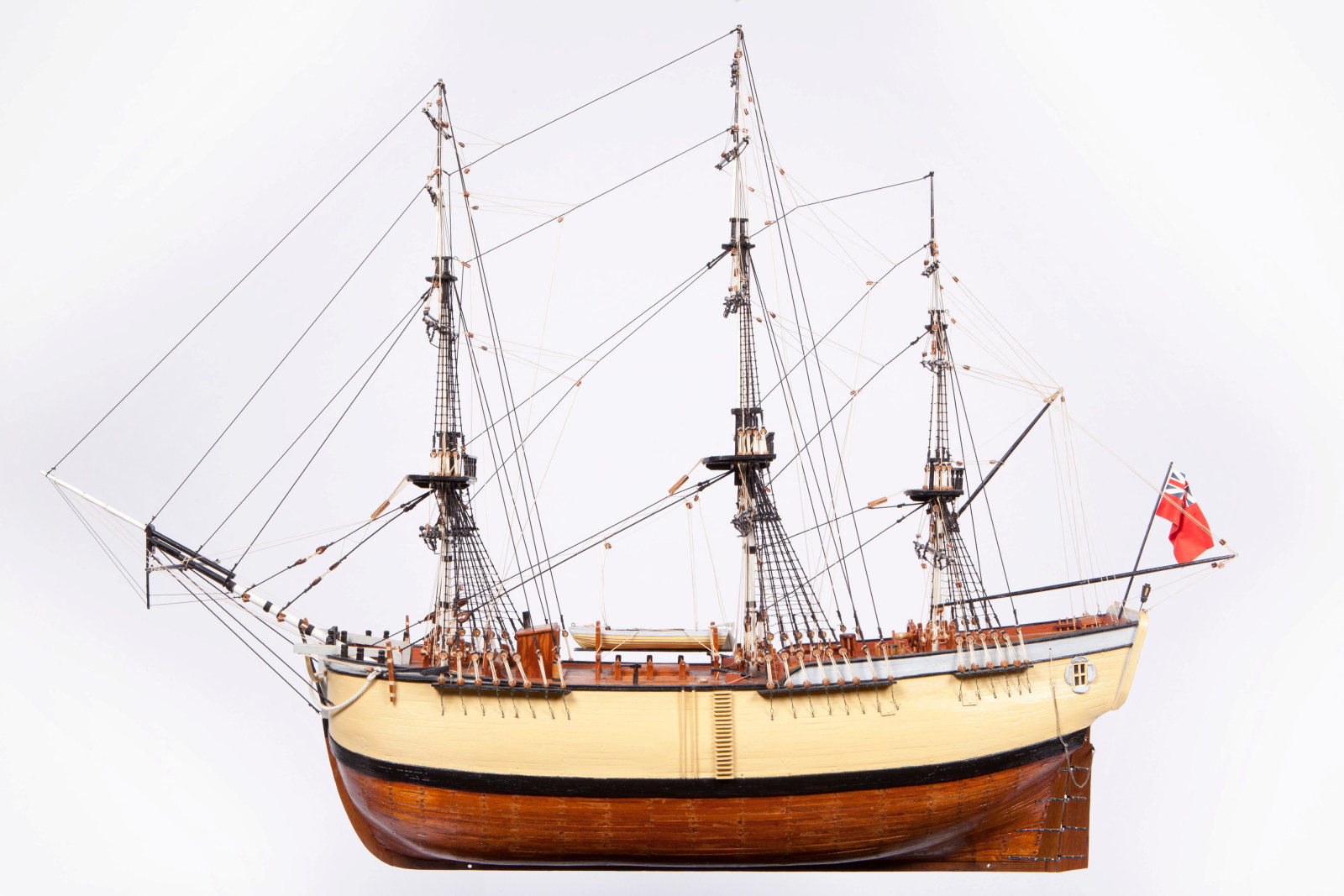
First Fleet Ships
Charlotte
Ship size length: 32 metres (105 feet); width: 8.5 metres (28 feet); weight: 343 tonnes (338 tons)
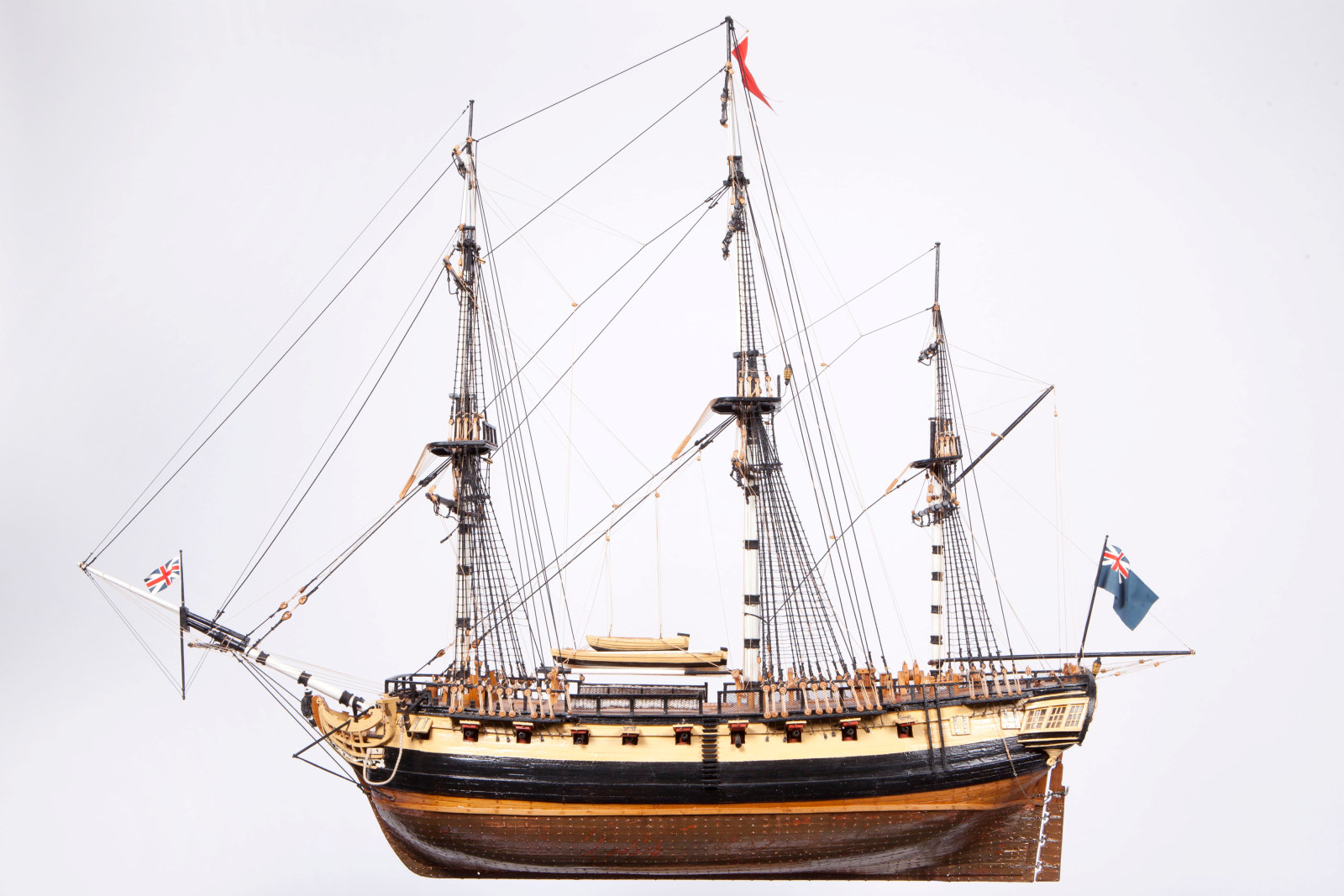
First Fleet Ships
Fishburn
Length: 31.4 metres (103 feet); width: 8.8 metres (29 feet wide); weight: 384 tonnes (378 tons)
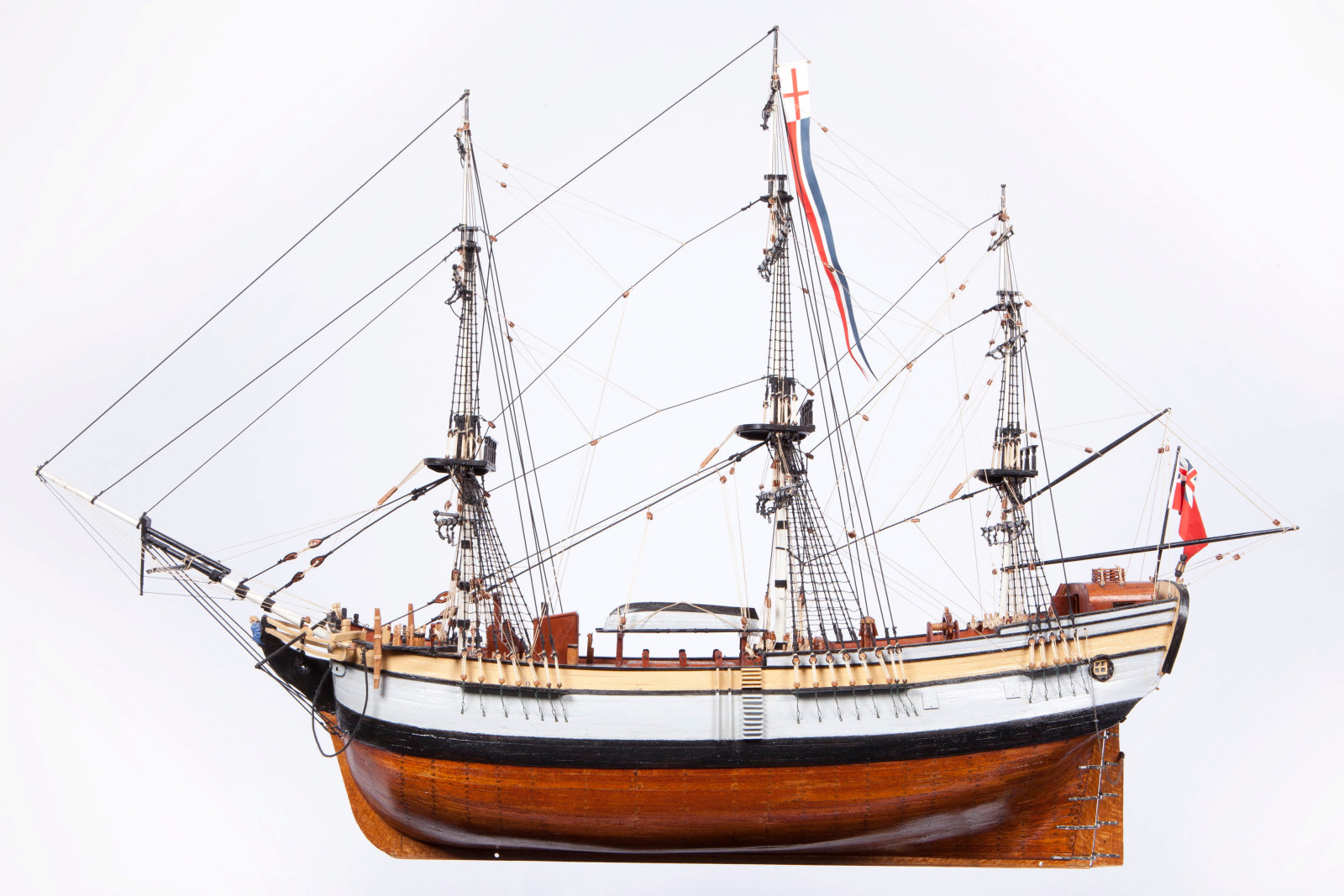
First Fleet Ships
Friendship
Length: 22.9 metres (75 feet); width: 7 metres (23 feet); weight: 282 tonnes (278 tons)
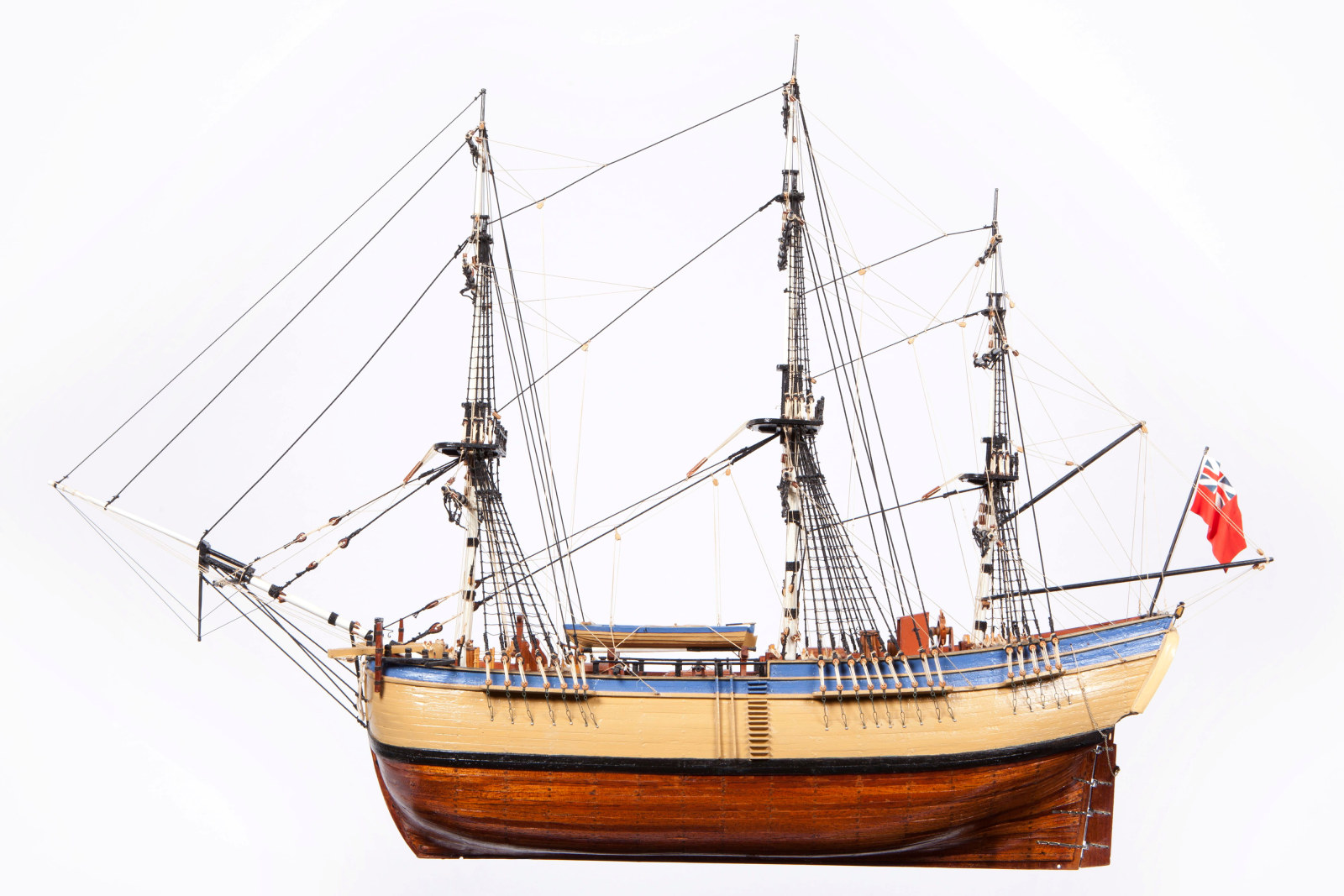
First Fleet Ships
Golden Grove
Length: 31.4 metres (103 feet); width: 8.8 metres (29 feet); weight: 336 tonnes (331 tons)

First Fleet Ships
HMAT Supply
Length: 21.3 metres (70 feet); width: 7.9 metres (26 feet); weight: 173 tonnes (170 tons)
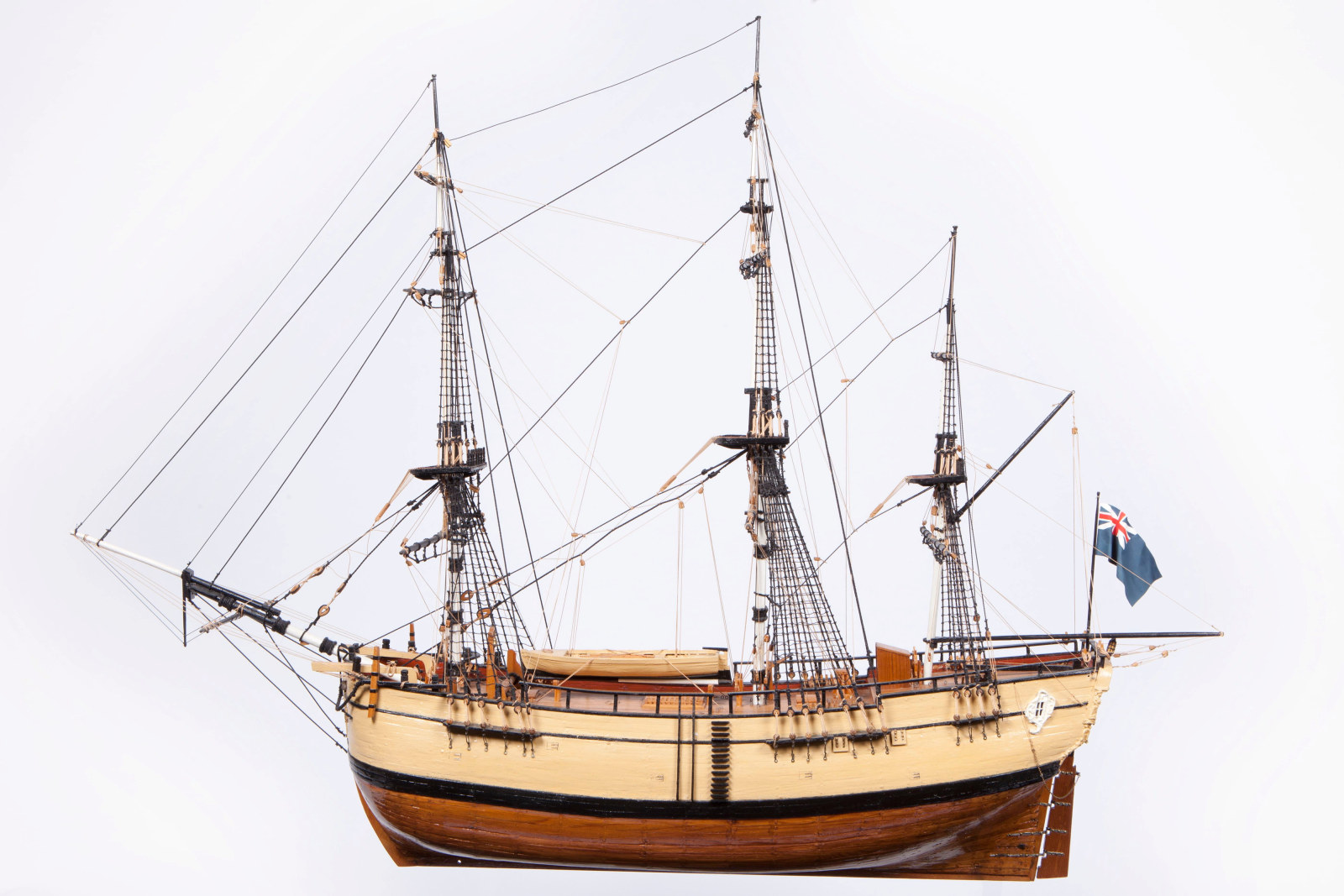
First Fleet Ships
HMS Sirius
Length 35.5 metres (110 feet); width: 9.8 metres (32 feet) weight: 549 tonnes (540 tons)
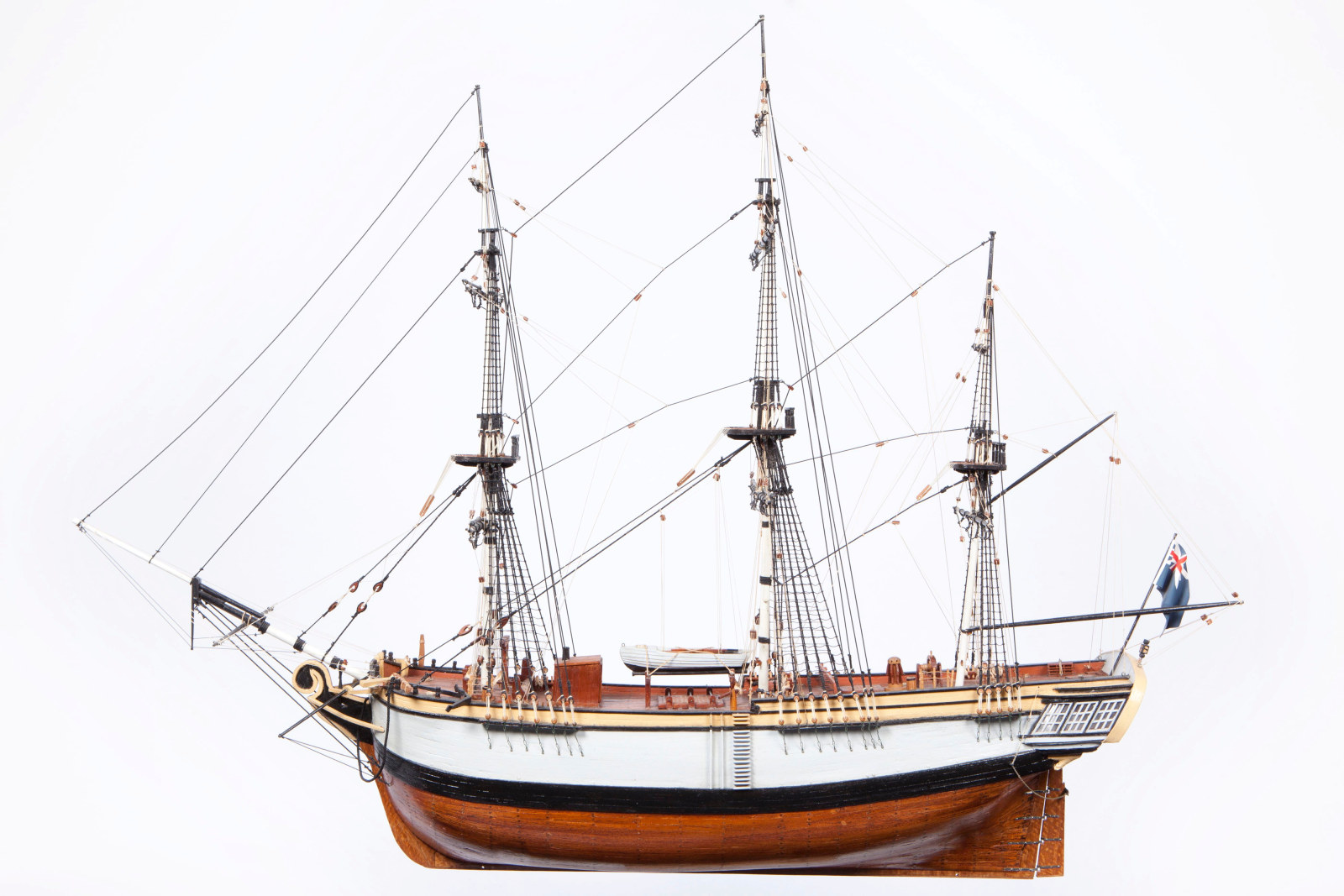
First Fleet Ships
Lady Penrhyn
Length: 31.3 metres (103 feet); width: 8.2 metres (27 feet); weight: 337 tonnes (333 tons)
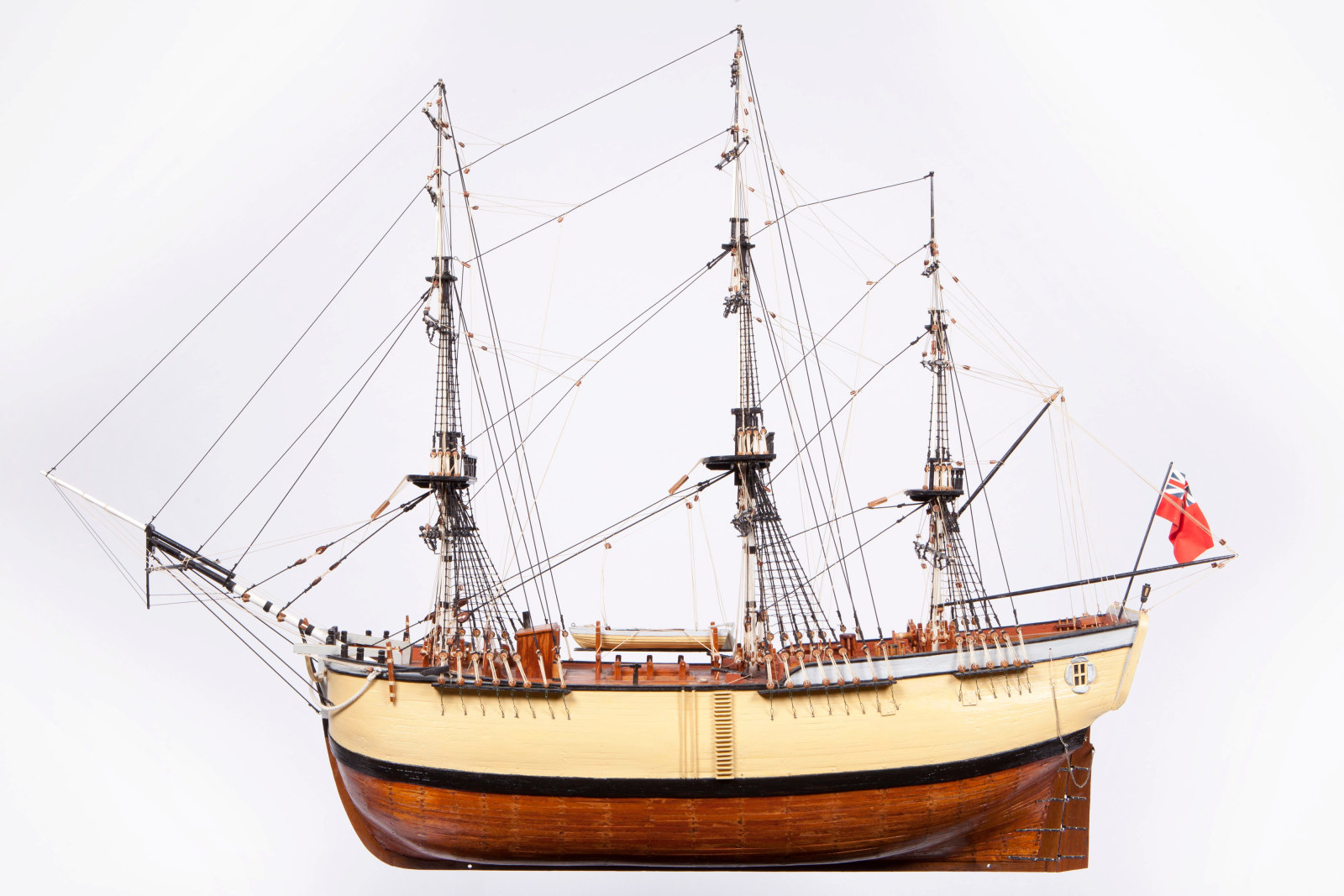
First Fleet Ships
Prince of Wales
Length: 31.3 metres (103 feet); width: 8.8 metres (29 feet); weight: 356 tonnes (350 tons)
First Fleet people
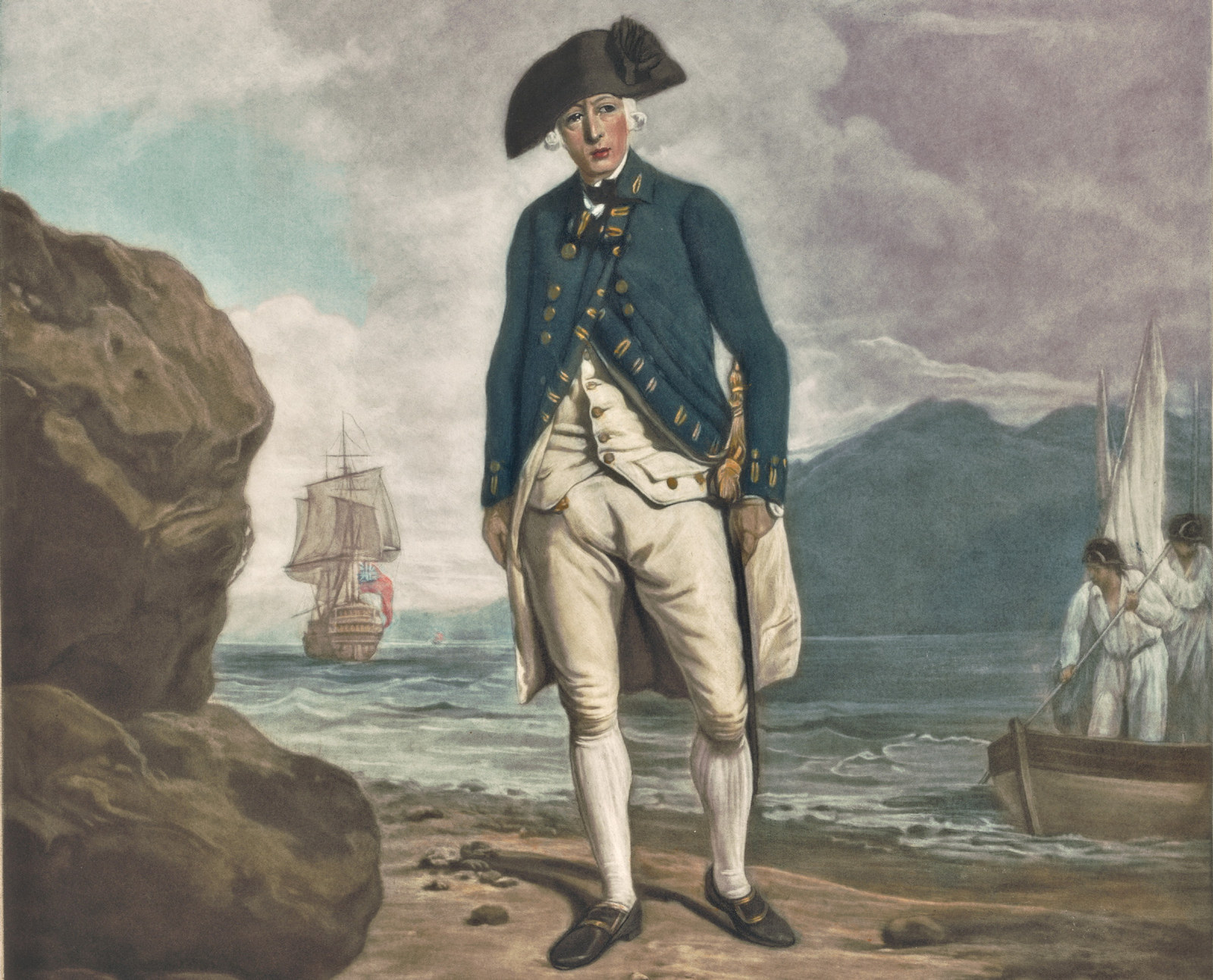
First Fleet Ships
Ambition and adventure: the early life of Arthur Phillip
We looked back at the early life of Phillip, who had enjoyed an extraordinary career before he even set foot on a boat bound for Botany Bay

First Fleet Ships
David Collins
As secretary to the governor and judge advocate for all legal affairs, he was witness to some of the most important events of the new settlement

First Fleet Ships
Jacob Nagle
Twenty-five-year-old Able Seaman Jacob Nagle travelled to Australia on board HMS Sirius as a member of the ship’s crew

First Fleet Ships
James Ruse
Ex-convict James Ruse became the first person in NSW to receive a land grant when Governor Phillip gave him 30 acres at Parramatta in April 1791
Convict Sydney
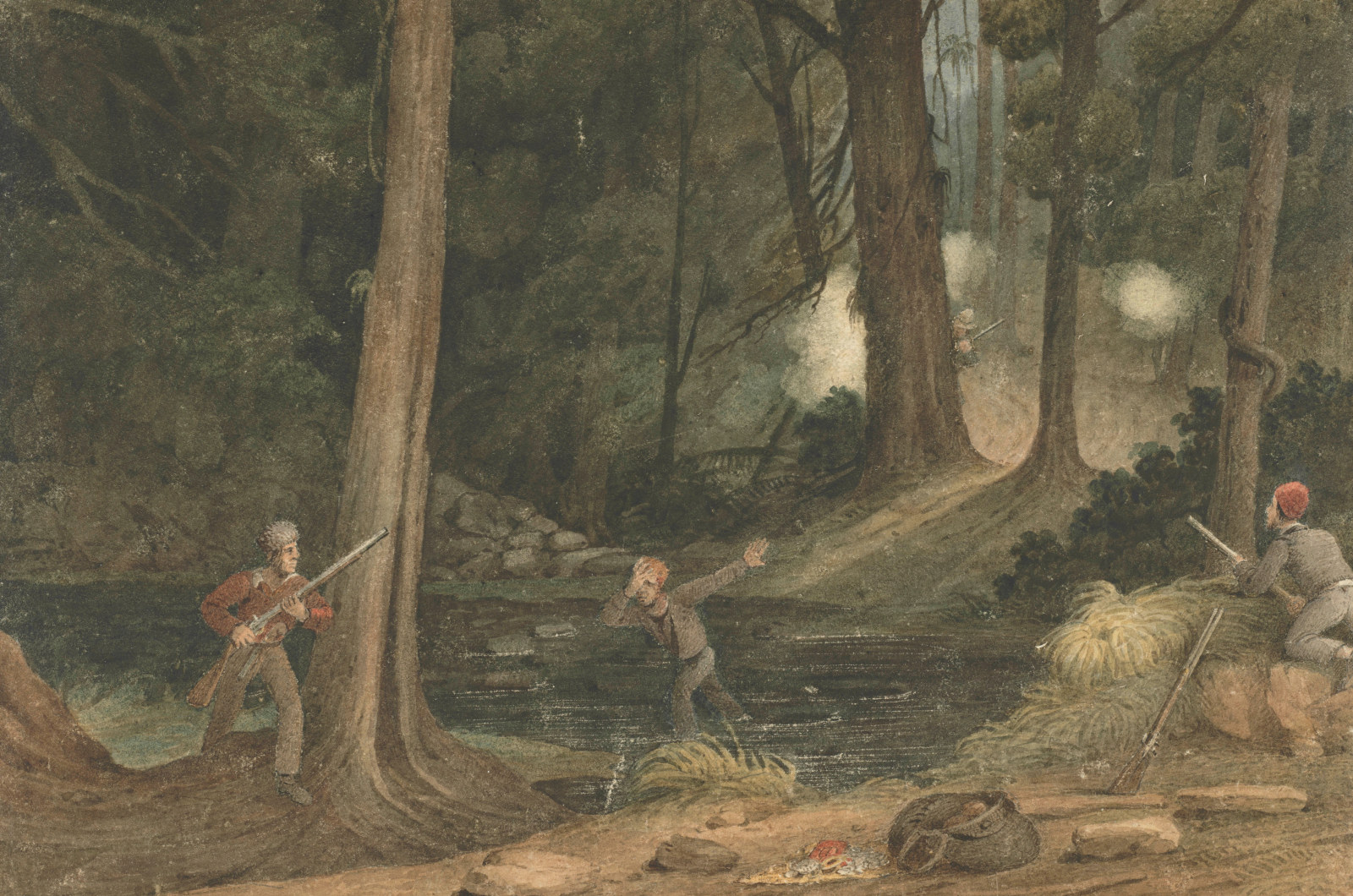
Convict Sydney
A world of pain
The combined aims of the assignment system, from 1826 onwards, were to equip farmers with cheap convict labour, to disperse convicts away from towns (and other convicts) and to keep an eye on each worker’s whereabouts and treatment
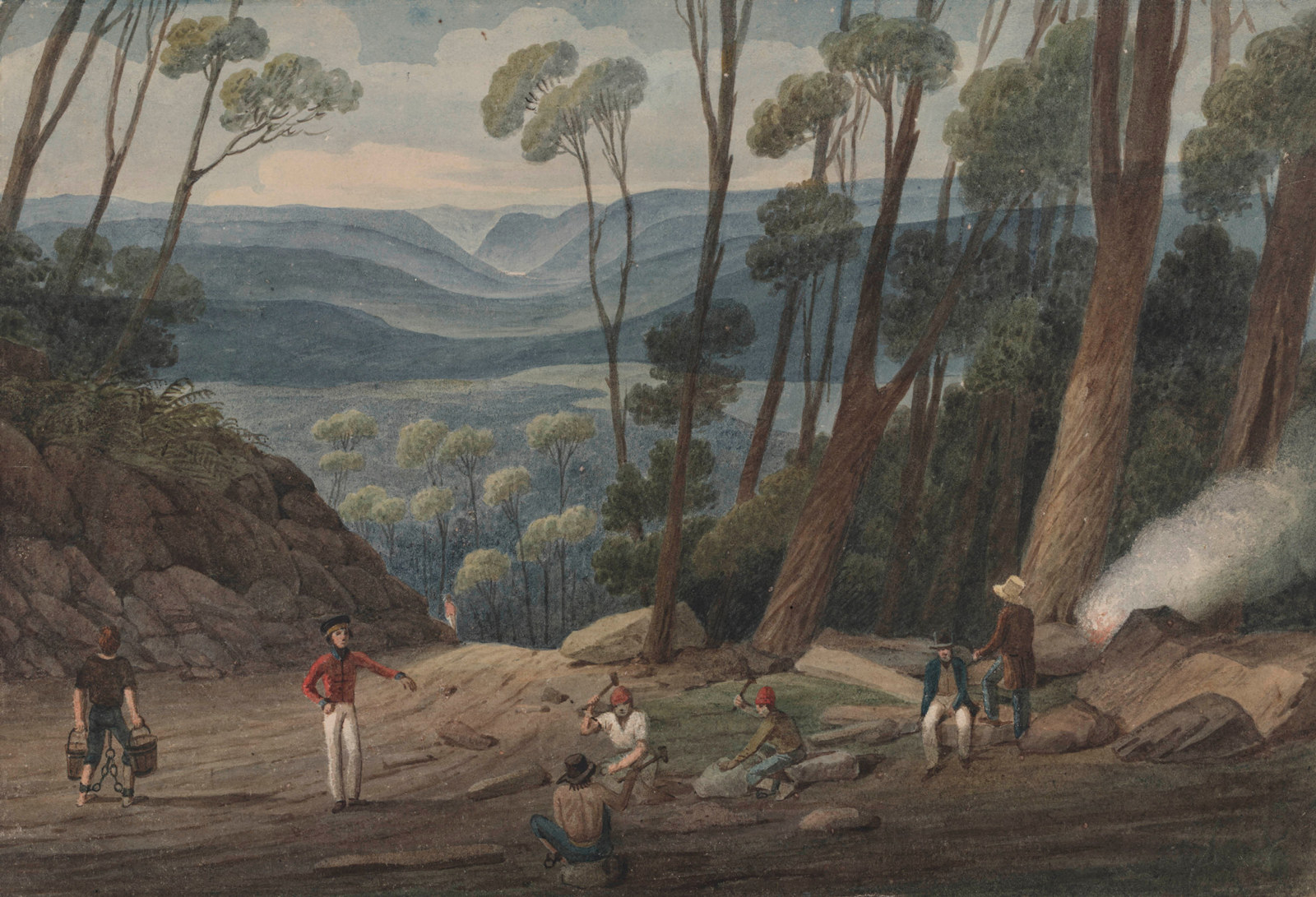
Convict Sydney
Back to business
From 1822, with the British government keen to cut costs and encourage pastoral expansion, part three sees the removal of convicts from town
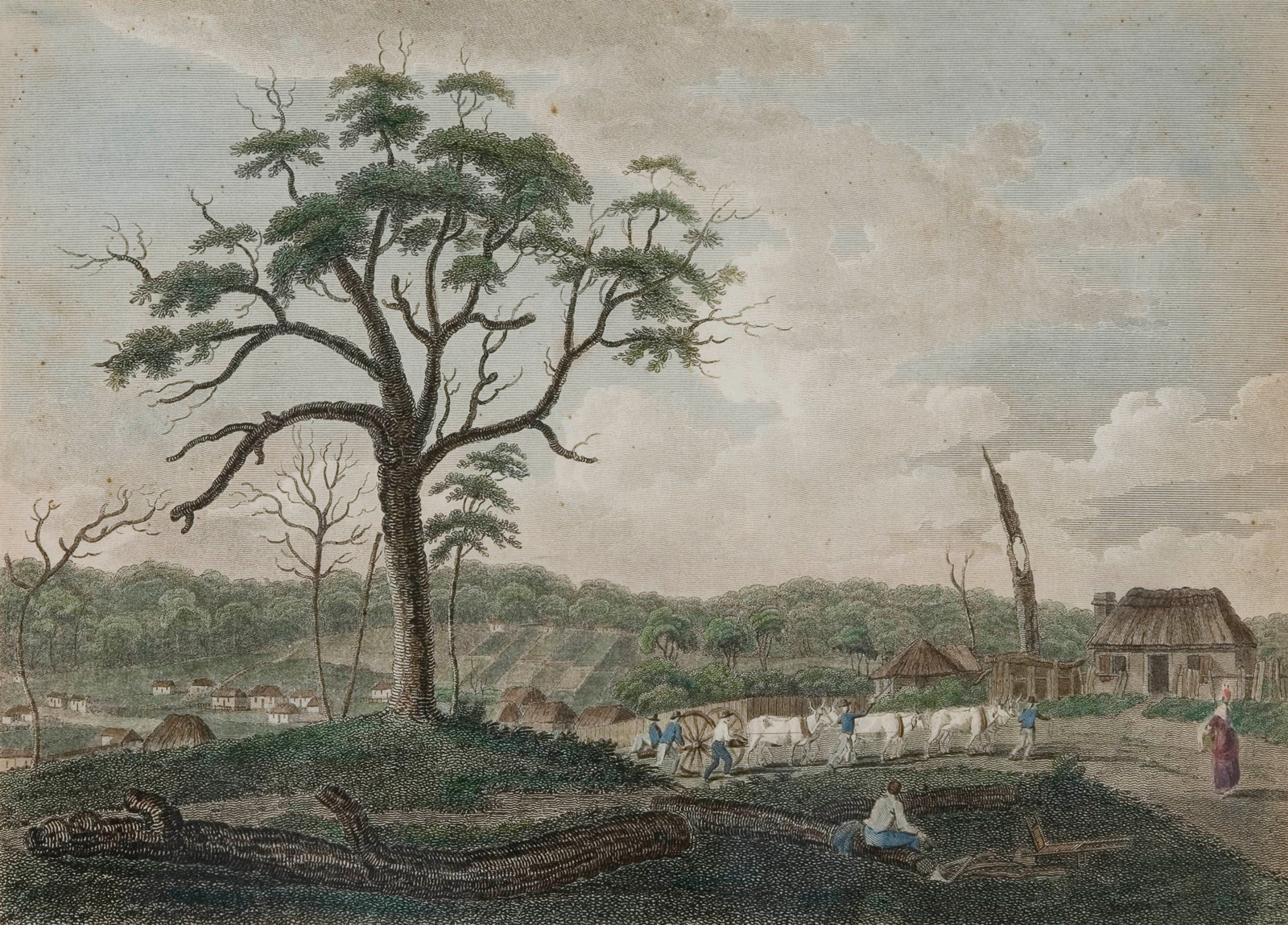
Convict Sydney
The Convicts’ Colony
Part one starts in 1788 with Sydney established as a British convict colony on the clan lands of the Gadigal people
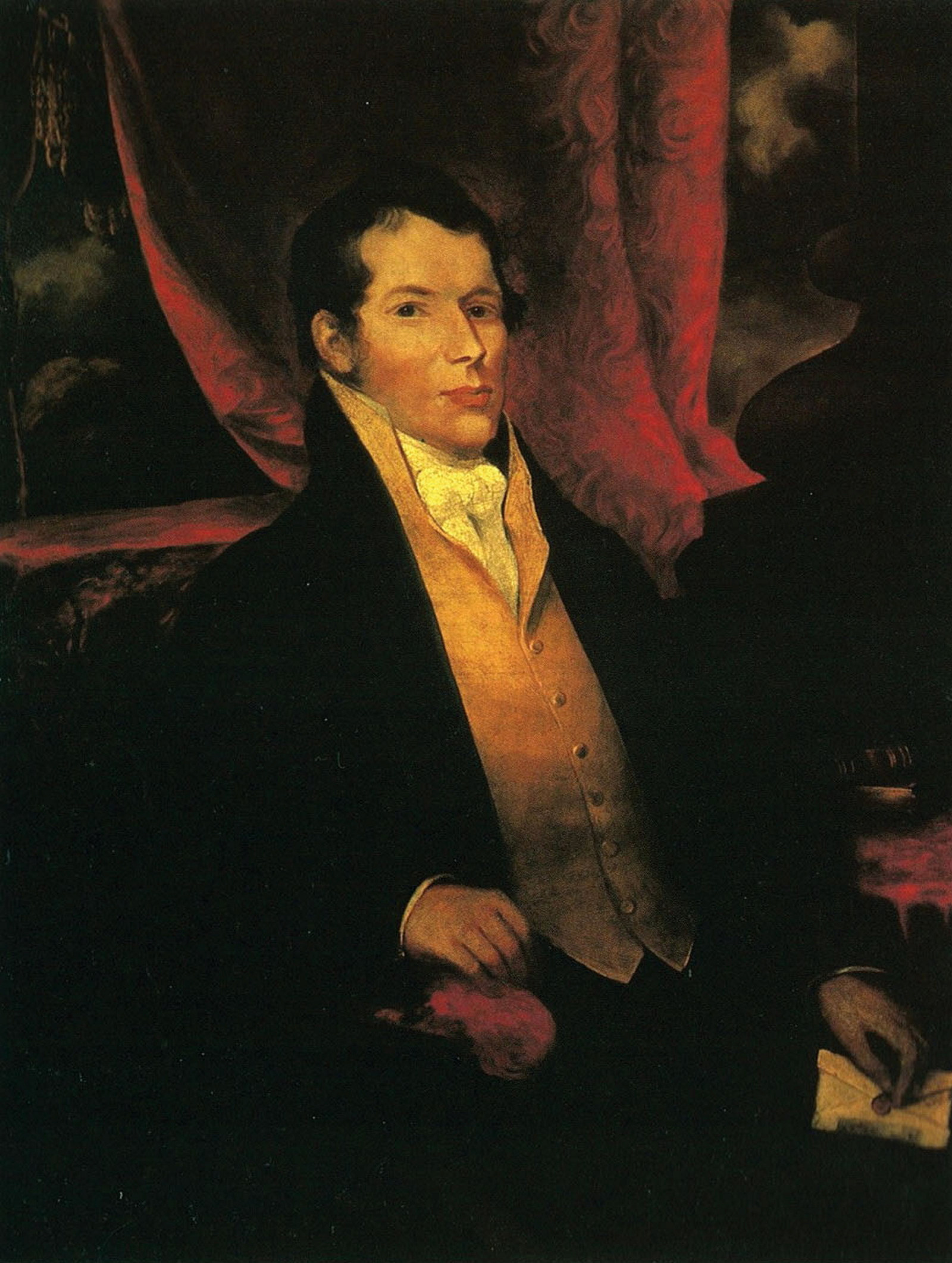
Convict Sydney
John Macarthur - Ambitious, volatile, self-confident
John Macarthur is well remembered as an ambitious and ruthless soldier who forged a powerful colonial farming dynasty